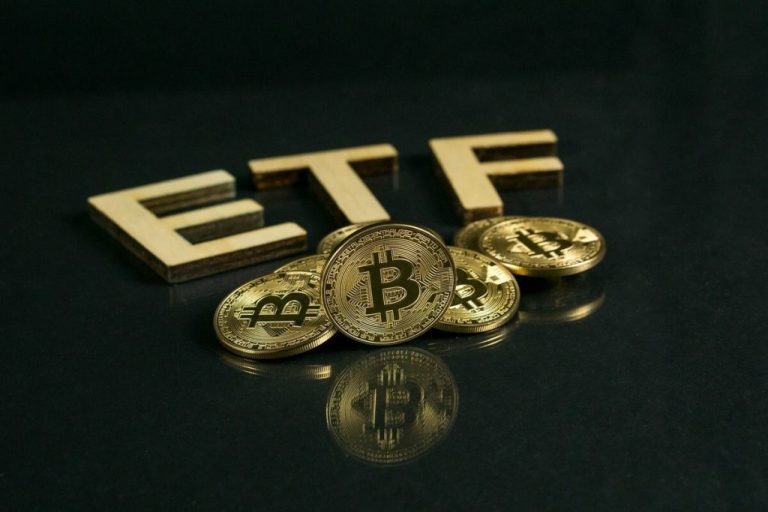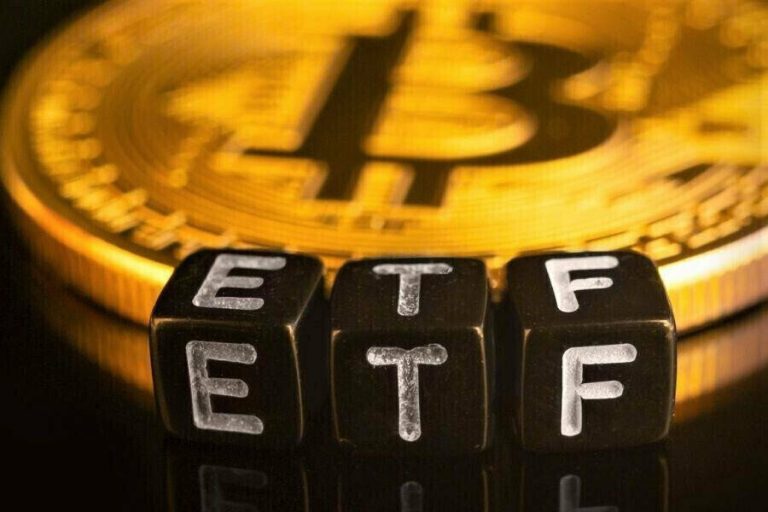China‘s economy slipping into deflation for the first time in more than two years might have negative near-term impacts on Bitcoin (BTC).
In the latest episode of Macro Marketsanalyst Marcel Pechman argued that deflation in China, which economists believe is an issue, would leave short to mid-term adverse impacts on Bitcoin, commodities, as well as stocks that rely on global economic growth.
“It will certainly not be fun to hold stocks that happen to depend on global economic growth or simply use too much financial leverage,” Pechman said.
“And probably not a good time to hold commodities. So expect a short to mid-term negative impact on Bitcoin if China’s growth dissipates.”
Last month, China experienced deflationary conditions for the first time in two years, indicating a potentially concerning new phase in its struggling economy.
According to the official consumer price index, Chinese consumer prices dropped by 0.3% in July compared to the previous year.
By excluding volatile food and energy prices, core inflation actually rose to 0.8% in July, the highest level since January, up from 0.4% in June.
The data release paints a gloomy picture for China, as the economic recovery loses steam due to various issues, including declining exports, record-high youth unemployment, and a stagnant housing market.
China is also facing falling prices across different sectors, including commodities like steel and coal, as well as essential consumer goods like vegetables and appliances.
This is in contrast with the global trend, where many countries are grappling with rising inflation after easing Covid-19 restrictions.
The concern lies in the potential entrenchment of the expectation of falling prices, which could dampen demand, exacerbate debt burdens, and trap the economy in a cycle that is difficult to escape using traditional stimulus measures employed by Chinese policymakers.
Deflation poses a particular risk for countries with high levels of debt, such as China, as it increases the cost of servicing that debt and may discourage borrowing, spending, and investment.
“The reality looks increasingly grim,” Eswar Prasad, a Cornell University economist who once headed the International Monetary Fund’s China division, told The Wall Street Journal.
“The government’s approach of downplaying the risks of deflation and stalling growth could backfire and make it even harder to pull the economy out of its downward spiral.”
Impacts of the Fed’s Balance Sheet
Pechman also discussed the effects of the United States Federal Reserve‘s balance sheet and how it increased its assets by $5 trillion between December 2019 and April 2022.
He pointed out that this expansion period coincided with a 38% decline in the S&P 500 index.
Additionally, the Federal Reserve’s balance sheet surpassed $8.9 trillion just as the stock market index reached its highest point of 4,800.
According to Pechman, the issue lies in the significant deficit of the US Treasury Department, as the government spends more than it receives from revenues and taxes.
Consequently, the government needs to roll over some of the debt instead of letting it expire.
This means that the Federal Reserve may no longer be able to continue reducing its balance sheet, which has played a significant role in lowering inflation.
Ultimately, Pechman argued that once the Federal Reserve is compelled to expand its balance sheet again, inflation will be significantly impacted.
He advised individuals who possess valuable assets such as Apple shares, land, gold, and Bitcoin to hold on tight and not be swayed by the temporary period of reduced inflation.














+ There are no comments
Add yours